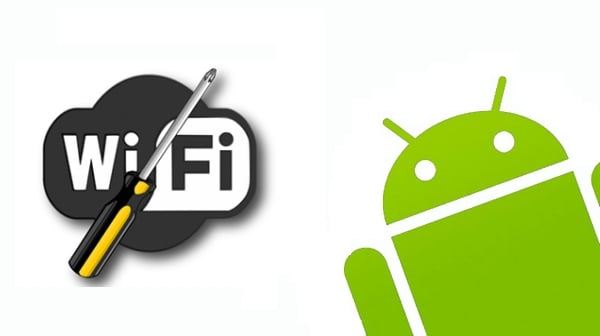
„Lepiej późno niż wcale” – Google zdaje się uznawać to powiedzenie. Jeden z pracowników giganta z Mountain View potwierdził wczoraj fakt naprawienia błędu, który został zgłoszony 2,5 roku temu.
W kwietniu 2010 roku został zgłoszony problem:
Shortly: When connected on WiFi to a network which specifies a domain name, hostnames in that domain do not resolve without appending the domain to the hostname.
As background, our university has a wireless network open to students so that the network itself is „open”, not secured, but no traffic past the gateway is allowed prior authentication using a web browser. In particular, if you try to access any web page with a web browser before
authentication, you will always be redirected to https://joynet:443/login Only once you have successfully logged in on that page, all network connections work as you’d expect them to normally work.The problem is that the hostname (in this case „joynet”) cannot be resolved to its IP address. When I do ping to joynet on my laptop, it says it is pinging „joynet.joensuu.fi” [192.168.0.1]. If I do the same on Android phone, using Android Debug Bridge (adb), for „ping joynet” it says it cannot find the hostname. If I do „ping joynet.joensuu.fi”, it pings correctly on 192.168.0.1.
And this brings the problem that since the joynet gateway HTTPS server only shows the login form when hostname „joynet” is used in the HTTP headers, it makes it impossible to use WiFi on such networks because logging in is not possible. (going to https://joynet.joensuu.fi:443/login orhttps://192.168.0.1:443/login simply causes a redirection tohttps://joynet:443/login)
W skrócie – w niektórych firmach oraz uczelniach istnieją dodatkowe zabezpieczenia. Każda osoba może podłączyć się do sieci WiFi, lecz trzeba mieć dodatkowo założone konto, by móc korzystać z internetu. Przy pierwszym wysłaniu zapytania ulega ono przekierowaniu na lokalny host, gdzie należy się zalogować. Po potwierdzeniu danych można już normalnie „surfować po sieci” .
Problem polega na tym, że niestety taki host nie może być zapisany tylko jako adres IP, ale musi mieć litery w nazwie. A jest to kłopot, gdyż Android nie jest w stanie powiązać nazwy lokalnego hosta z jego adresem IP. Oczywiście błąd ten nie przeszkadza większości użytkownikom, gdyż mało kto korzysta z takiego rozwiązania. Jednak pracownikom firm IT oraz studentom naprawienie go z pewnością ułatwi życie. Pytanie tylko, co z użytkownikami urządzeń z Androidem już oficjalnie niewspieranych, skoro pracownik Google ogłosił, że „fix” znajdzie się dopiero w aktualizacji nowszej niż Jelly Bean 4.2.
Guys, it was a matter of prioritization and resources. We don’t have people to put on every requested feature and we certainly were not idle during this time. I apologize it took so long.
I can’t say what the next version will be (neither know it nor can discuss it) but it will be after 4.2, which has already gone out.
Zastanawiające, że przy aktualnie rozwiniętych systemach operacyjnych wciąż są takie niedopracowania, i że potrzebne jest aż ponad 30 miesięcy, by im zaradzić.
